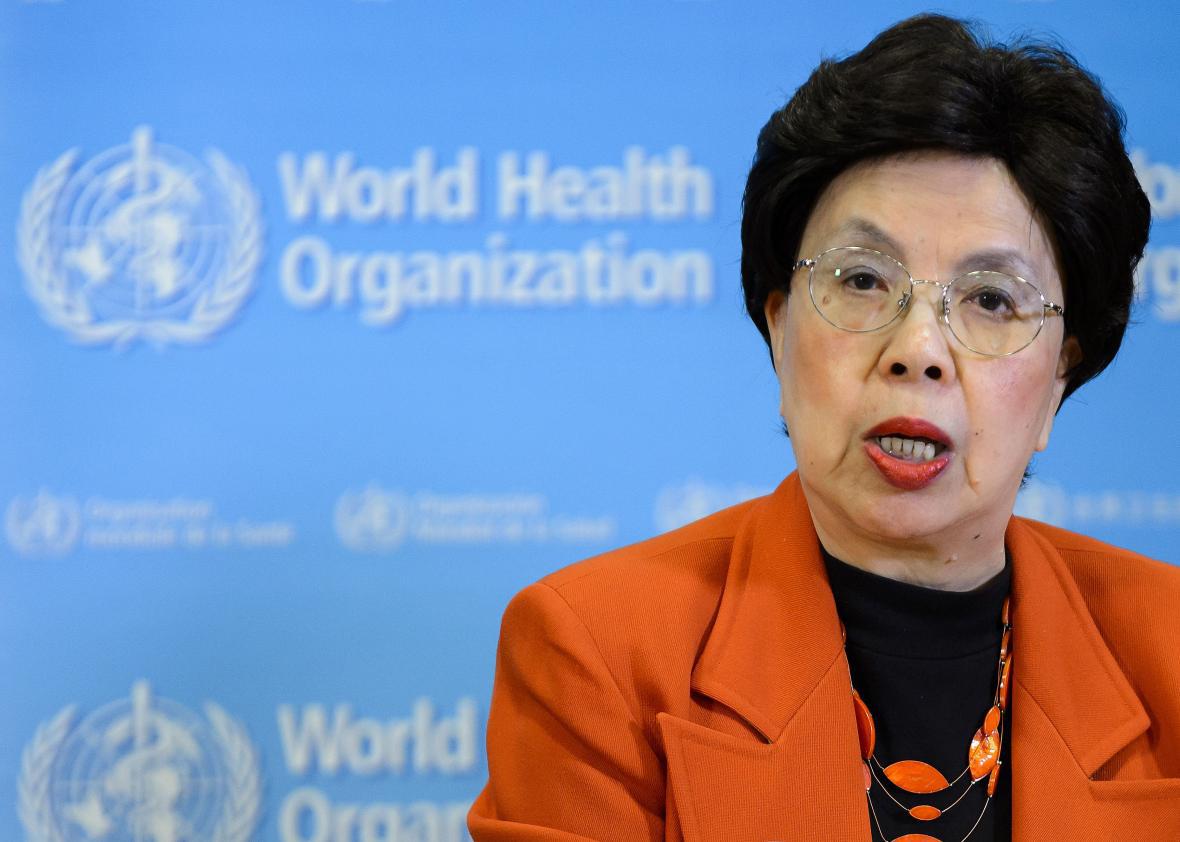After warning last week that as many as 4 million people could be infected by the Zika virus, the World Health Organization on Monday declared the mosquito-borne illness to be a global health emergency.
Since last year, the Americas has seen a massive spike in cases of the disease, which was first identified decades ago in Africa. As few people in the Western Hemisphere have developed immunity to the disease, it has spread rapidly into more than 20 countries. Though not usually deadly or even particularly sickening on its own, there are concerns that Zika is linked to a rise in cases of microcephaly, a rare and extremely serious birth defect, in Brazil. Colombia recently reported that more than 2,000 pregnant women there may have the disease, though there have been no reported deaths or cases of microcephaly so far.
The United States has seen about 20 cases of Zika, all from travelers, though a large outbreak in the U.S. is unlikely. All the same, the U.S. Centers for Disease Control and Prevention has activated an emergency operations center to address the disease. Several companies and scientists are working on Zika vaccines, though developers warn that one ready for public use is likely months if not years away.
This is the fourth global health emergency the WHO has declared since the system was created in 2007. The previous ones were the 2009 flu pandemic, a short-lived resurgence of polio in 2014, and the Ebola outbreak in West Africa that same year. The U.N. agency faced heavy criticism for a slow response to Ebola and for downplaying the threat of the disease in the early days of its spread, which may have something to do with this more rapid response.
The declaration allows the WHO to coordinate global health efforts to track and prevent the disease and issue travel advisories. (There are particular concerns about the large number of travelers expected to visit Brazil for the summer Olympics in August.) The WHO will also coordinate control tests on the link between Zika and microcephaly, which has not been confirmed.
